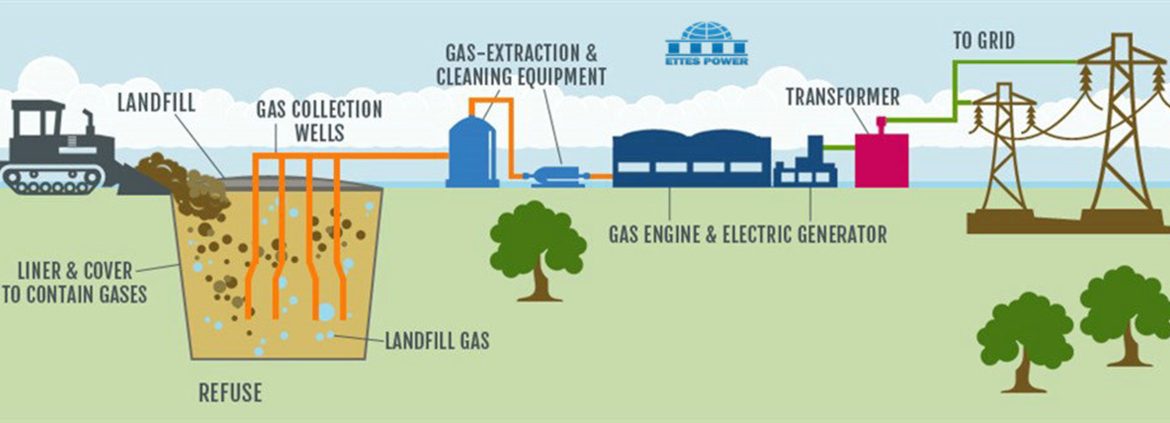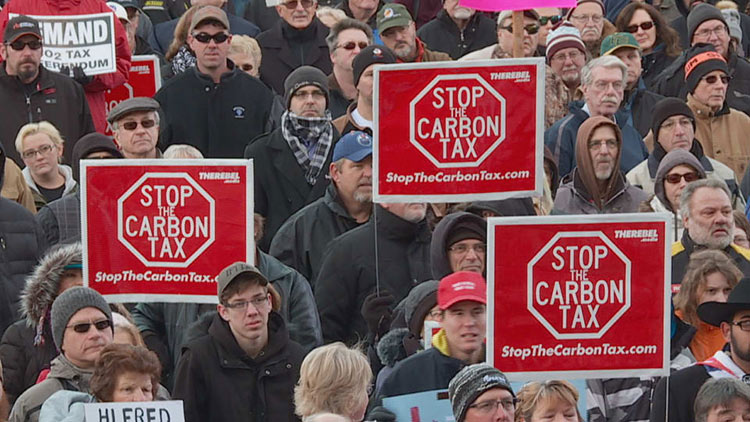The level of satisfaction of energy needs, and the energy sources chosen for this purpose, do not depend only on the resources and techniques available. The organization of the energy system, the performance of its companies, the functioning of its markets or the relevance of its taxation come into play. The resulting costs and prices are the main criteria controlling the orientations of energy policies.







